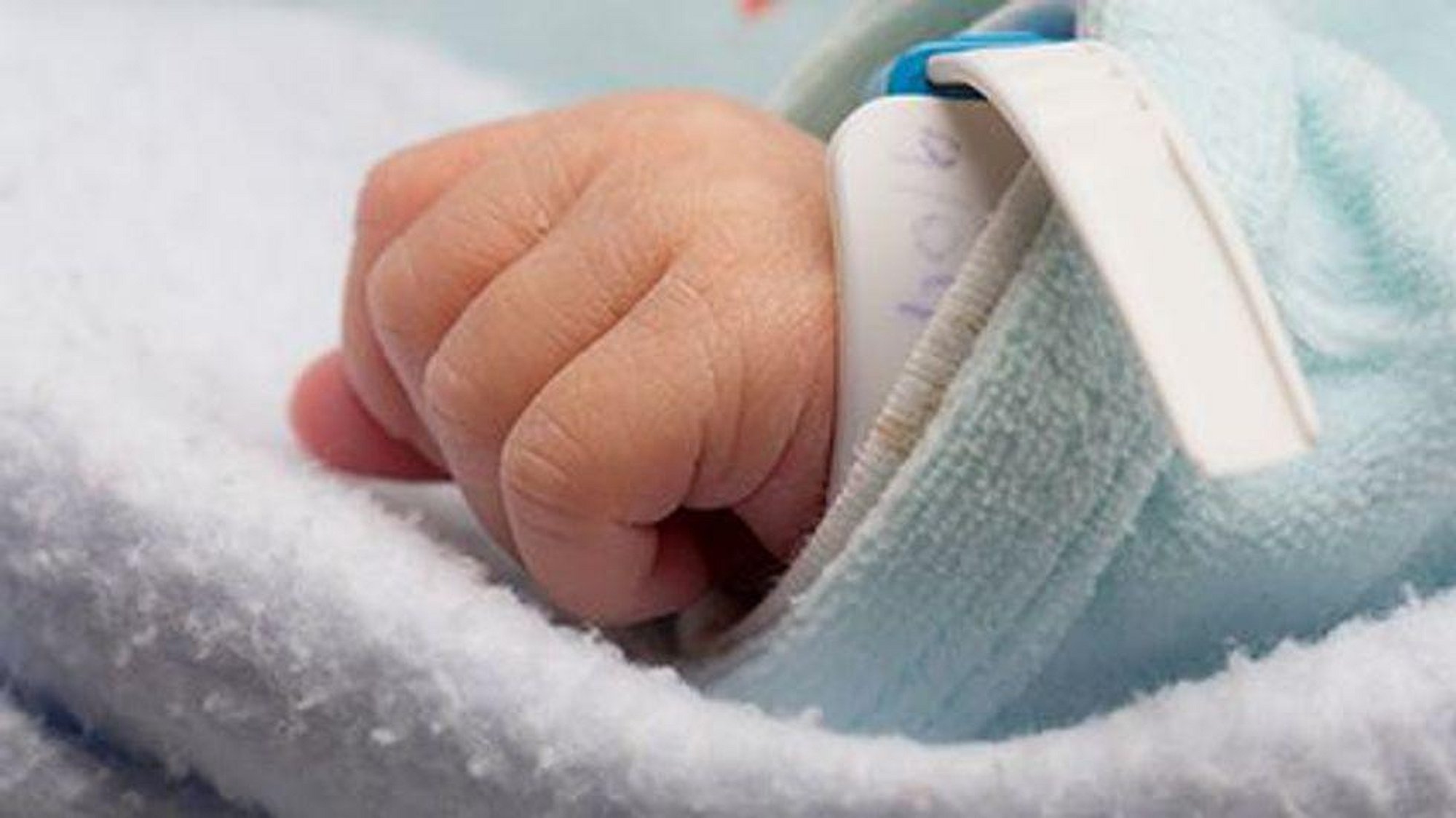Children Born at Less Than 34 Weeks Show Cognitive Deficits in Adolescence

TUESDAY, Jan. 24, 2023 (HealthDay News) -- Compared with adolescents born at 40 weeks of gestation, those born at <34 gestational weeks show deficits in three cognitive domains: written language, mathematics, and intelligence, according to a study published online Jan. 18 in The BMJ.
Anders Husby, M.D., Ph.D., from the School of Public Health at Imperial College London, and colleagues examined the association between gestational age at birth and cognitive outcomes in adolescence. The analysis included 792,724 full siblings born between 1986 and 2003.
The researchers found that when adjusting for sex, birth weight, malformations, parental age at birth, parental educational level, and number of older siblings, as well as shared family factors between siblings, only children born at <34 gestational weeks showed lower mean grades in written language (z score difference, −0.10 for ≤27 gestational weeks) and mathematics (−0.05 for 32 to 33 gestational weeks; −0.13 for 28 to 31 gestational weeks; −0.23 for ≤27 gestational weeks) versus children born at 40 gestational weeks. Using data from a subcohort of full brothers with intelligence test scores, those born at 32 to 33, 28 to 31, and ≤27 gestational weeks showed a reduction in IQ points of 2.4, 3.8, and 4.2, respectively, while children born at 34 to 39 gestational weeks showed a reduction in intelligence of <1 IQ point versus children born at 40 gestational weeks.
"Cognitive outcomes are not, however, predetermined at birth but are heavily influenced by social circumstances and nurturing, and this is why early intervention is warranted for children born early preterm," the authors write.
Related Posts
Dual Effect Identified for Arsenic in Carcinogenesis
MONDAY, June 20, 2022 (HealthDay News) -- Arsenic seems to have a dual effect on...
Supreme Court Lets Gender Dysphoria Ruling Stand in Win for Transgender Rights
MONDAY, July 3, 2023 (HealthDay News) – The U.S. Supreme Court on Friday let...
Parents of Hospitalized Kids Need More Info on Costs: Study
WEDNESDAY, Sept. 22, 2021 (HealthDay News) -- Having a child in the hospital is...
